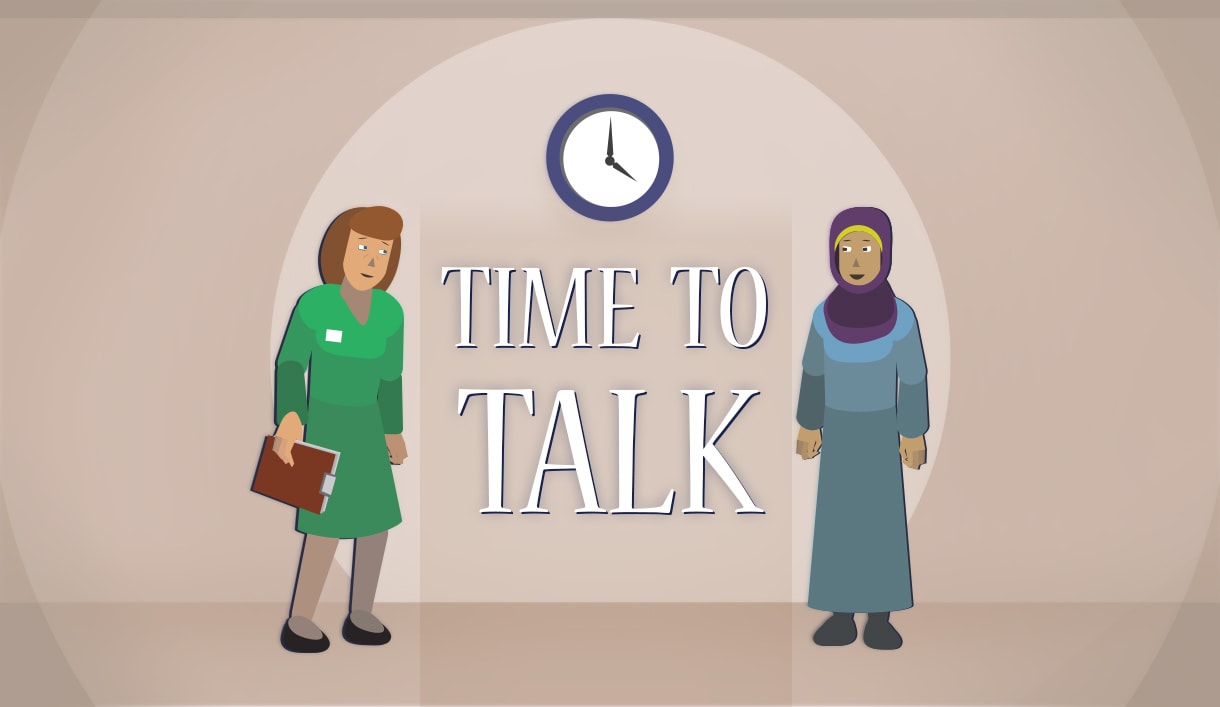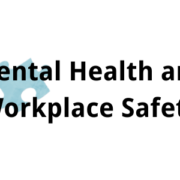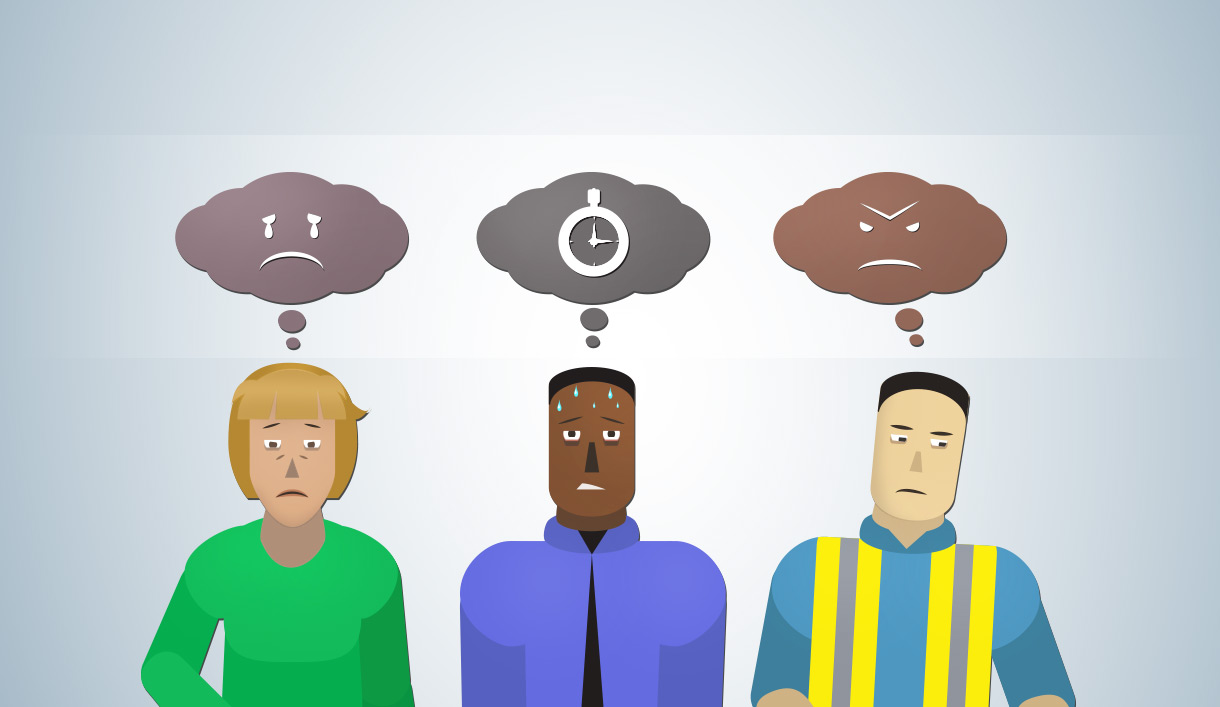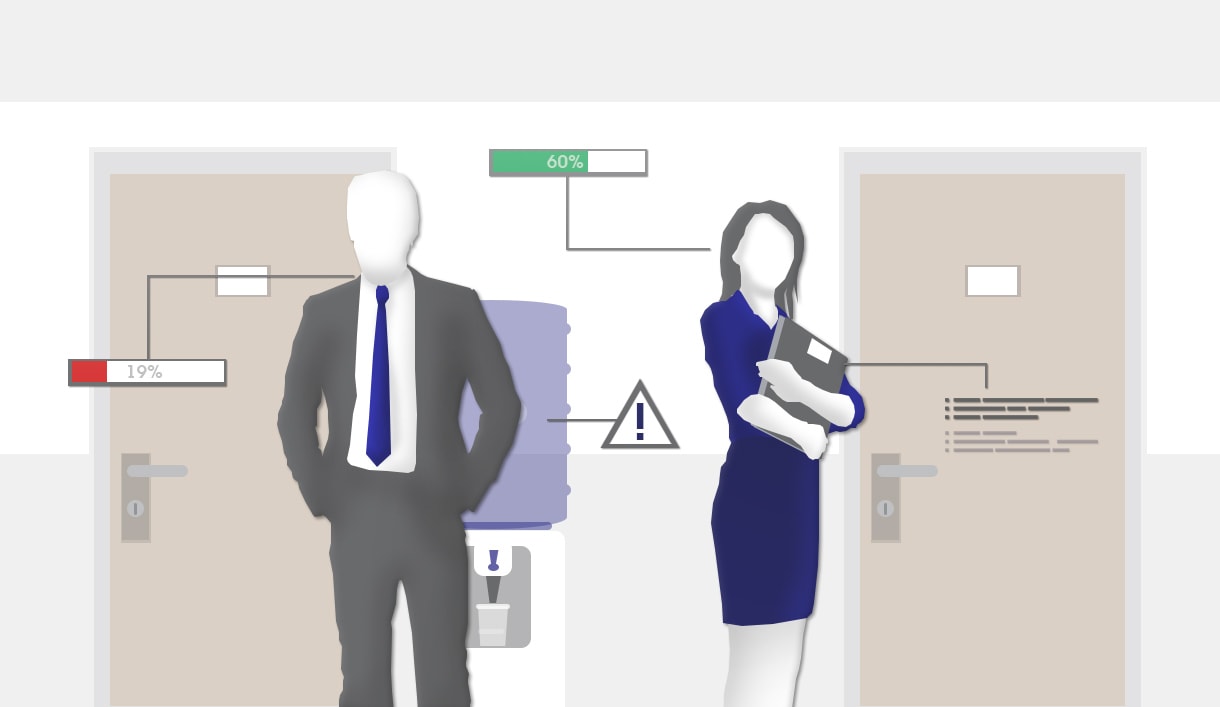There’s Always Time to Talk
Mental Health in the Workplace
So yesterday was ‘Time to Talk’ day, a day which also happened to be Ground Hog Day.
If like me the latter immediately recalls the film of the same title – rather than the rodent focused event said to predict Spring – then images of a day endlessly repeating may come to mind. In a way I find this to be a strangely pertinent metaphor for how dealing with mental health issues alone can feel.
time-to-change.org.uk estimate that mental health problems ‘affect 1 in 4 of us in a year’ which might make you think “really?”. This thought illustrates the biggest associated problem, that people are afraid to talk.
A Harmful Mythology
There is an unfortunate mythology that persists to this day in some quarters that ‘mental health issues’ only refers to the most extreme examples; where symptoms are immediately apparent or too debilitating to allow for a working life.
Besides being complete rubbish, this is a potentially very harmful view to take on a broad spectrum of psychological issues which in many cases can go unnoticed. If they go unnoticed they will never be addressed and the probability of worse outcomes increases.
Dismissing these issues because they are not obviously apparent or don’t fit a stereotypical outlook on mental health is damaging on two fronts; on the one hand it enforces ignorance among the people who might otherwise offer support, while on the other it discourages those in need of help from speaking up. A culture of silence develops and no one discusses their problems until the proverbial boiling pot overflows.
Why You Need to Talk
As I indicated previously, mental health covers a broad range of issues so the first thing to immediately acknowledge is that your problem is worth bringing to light.
Whether it be feelings of unmanageable stress, a persistent sense of negativity or a more complicated psychological condition, downgrading its importance on the basis only you are aware of it will compound the problem. Like a damaged part in a machine, time alone is unlikely to heal the wound and far more likely to shake itself apart.
People can’t get into your head unless you open a door for them and as yesterday’s campaign emphasises talk is the best way of doing so. There’s no weakness in admitting you’re struggling, nor is it some kind of work failing, at the very least it will likely facilitate progress and ensure someone knows you need support.
Find someone you can trust; perhaps a work colleague or close friend to speak with addressing the matter openly and remember, there’s no reason for shame or embarrassment. If this is too uncomfortable or you want professional help independent organisations such as mind.org.uk are another option or even your doctor if you require confidentiality.
Talk is the first vital part of the equation, the second of course is listening.
Why the Rest of You Need to Listen
As the focus of the Time to Change campaign highlights, sadly discrimination is still a problem which undermines mental wellbeing. Where this occurs it may not even be anything so extreme as targeted abuse, it could be as low key as a dismissive comment or simply ignoring a call for help.
Take for example an employee who is given time off from work or special consideration due to a mental health issue. Then imagine the co-worker next to you begins to grumble about favouritism and special treatment; does this sound like the kind of atmosphere that provokes care and honesty? Would you still want to discuss a problem of your own in such an environment?
It falls to all of us to provide the safety net people need when they are afflicted by these problems. Mental wellbeing truly is a team sport, that requires everyone to be supportive of one another at different times. It can take just one person to tear that net wide open and enforce the feeling that no one is ready to help.
Take a minute to consider all the benefits of showing a caring attitude to your colleagues. Displaying a willing, open attitude may seem like a small effort but it could be a life changing matter for someone in need of help. Prejudiced judgement helps nobody, support helps everyone.
There’s no reason for us to struggle through a seemingly endless Groundhog Day where nothing changes and we can’t discuss our problem. To borrow from another film of the era; “be excellent to each other” and with a bit of work the rest will fall into place.
Owen Roach









Leave a Reply
Want to join the discussion?Feel free to contribute!